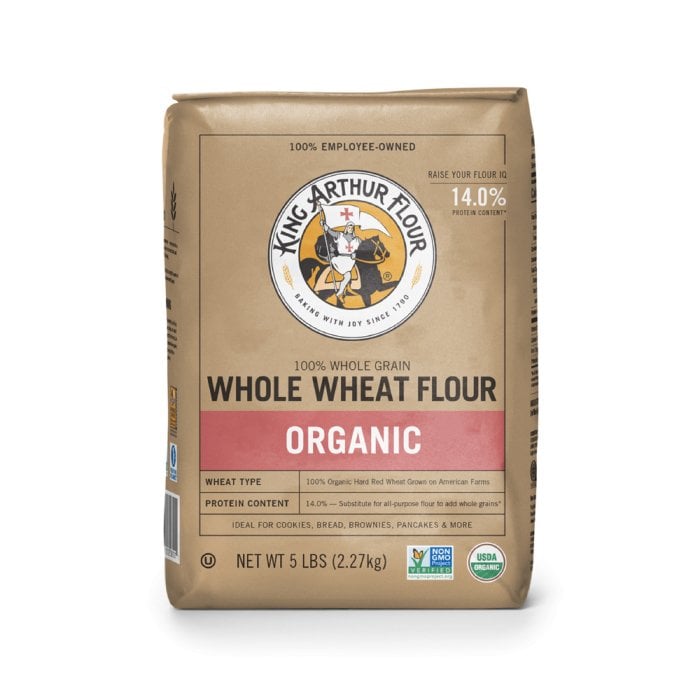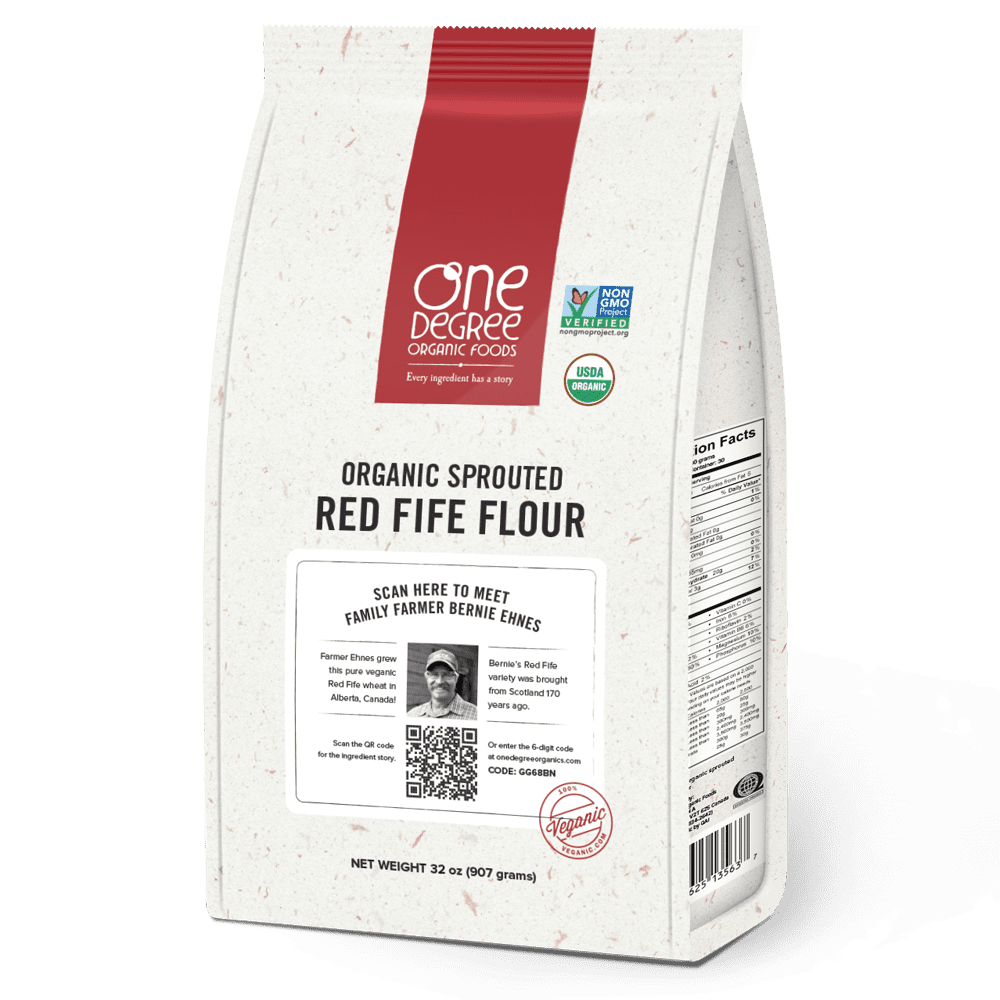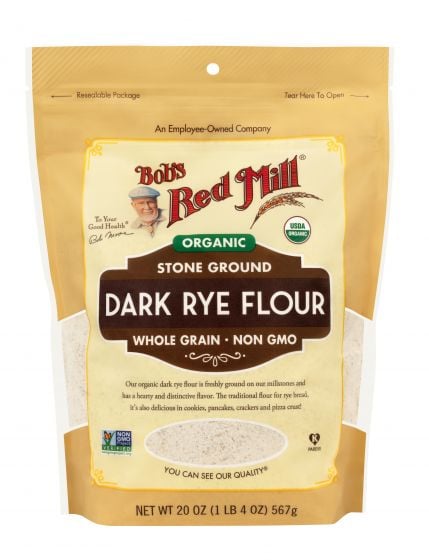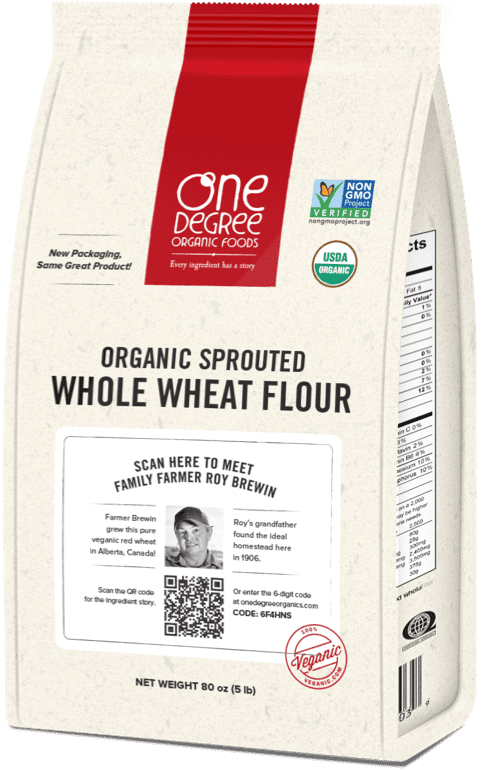Baby, it's cold outside. But who cares? Because we're turning on our ovens and baking! If the temperatures dropping and warm holiday feelings inspire you to whip up Grandma's famous recipes, with a little bit of tweaking, you can savor the delicious flavours in a healthy way.
Aside from using flax eggs instead of eggs to cut down on saturated fat and increase the omega-3s, and using mashed banana to cut down on white sugar [1], you can also swap out the all-purpose flour in your recipes. Registered dietitian Gena Hamshaw of The Full Helping [2] shared her insights on the healthiest types of flour you should use for baking.
Whole-Wheat Flour
Gena shared that whole-wheat flour is significantly higher in fibre than all-purpose white flour. She said that fibre "aids in digestion, helps to keep blood sugar stable, and it may help to lower cholesterol levels." Fibre also helps to keep us full, which means less mindless grazing and snacking throughout the day.
Whole-wheat flour is also a "good source of vitamins B1 and B3 (thiamin and niacin), which help our bodies to create energy from the nutrients we eat." You can choose between whole-wheat flour [3], which is tan in colour, or white whole-wheat flour [4], which is light like all-purpose flour.
Fife Flour
"Red fife flour [5] has become popular among passionate home bread bakers for producing rich flavour and a soft crumb," Gena shared. "Like other whole-wheat flours, it's relatively rich in protein, iron, and B vitamins."
Once used widely in baking, red fife flour lost its commercial availability for decades, but it's currently making a comeback. Gena said that red fife flour has a lower gluten content than most modern varieties of wheat flour. This makes it easier to digest for those with gluten sensitivities, and gives baked goods a robust flavour.
Rye Flour
Rye flour [6] is made from rye berries. "Lignans, a type of phytonutrient found in rye berries, may play a role in digestive and heart health," Gena said. In addition, some research suggests that rye, and breads made with rye flour, are associated with lower rates of type 2 diabetes [7]. Rye bread may also be a better choice for those manageing diabetes.
Thanks to its fibre content, rye flour raises blood sugar more slowly and steadily than white bread does. Gena suggested using rye flour to get an extra boost of nutrition when baking a sourdough bread or a flavourful artisanal loaf.
Sprouted Flours
"Sprouting grains and creating flours from them may help to make nutrients in the grains more bioavailable, or readily available for our bodies to digest," Gena explained. "Nutrients that may be absorbed more easily after sprouting include vitamin C, vitamin E, and various amino acids. You can find sprouted whole-wheat flour, red fife flour, and rye flour in most health food stores.
One Degree Organic Foods [8] has a range of sprouted flour varieties, some that are also even certified gluten-free. Their gluten-free organic sprouted corn flour [9], for example, works great for making homemade tortillas, cornbread, and other baked goods. It also works well in combination with other sprouted varieties, such as the sprouted brown rice flour [10], resulting in an even more nutritious end product with a complex, rich flavour.



